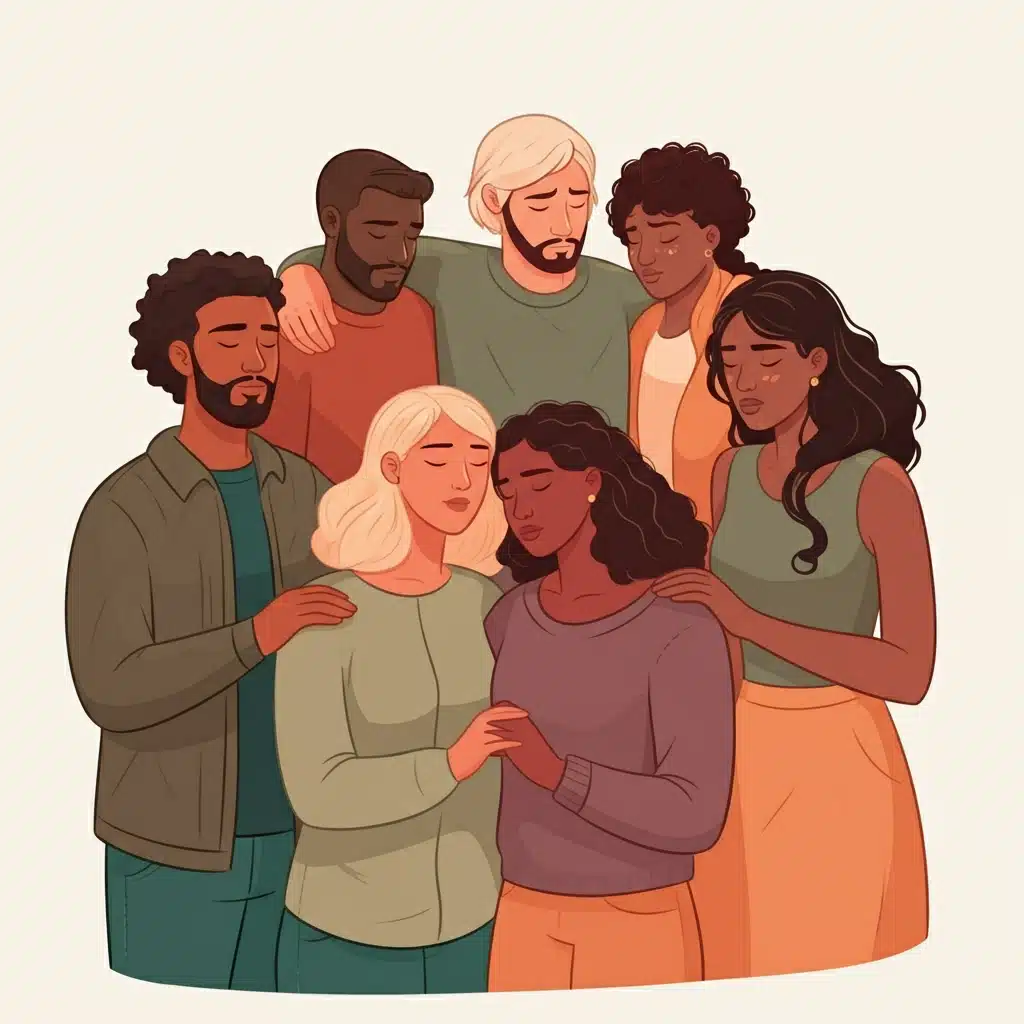On his first day back in office, former President Donald Trump issued an executive order targeting the long-standing principle of birthright citizenship. This new order states that babies born in the U.S. to undocumented immigrants or temporary visa holders are no longer considered U.S. citizens. The policy, effective for children born after February 19, prevents these children from receiving crucial documents like passports and Social Security cards.
What Does This Mean Right Now?
The order has already faced numerous legal challenges from immigrant advocacy groups, state attorneys general, and even pregnant mothers, arguing it violates the Constitution—specifically the 14th Amendment, which has guaranteed birthright citizenship since 1868. A federal judge in Seattle has temporarily blocked the order, effectively putting its enforcement on hold. However, this matter is likely to escalate to the Supreme Court, where a final decision will be made.
Muzaffar Chishti, a senior fellow at the Migration Policy Institute, noted that the Supreme Court has never directly ruled on children born to two undocumented parents, making the outcome of this case uncertain. Legal experts like Joan Biskupic also pointed out that the Court’s new conservative supermajority has sparked hope among Trump supporters that they might overturn legal precedents that uphold birthright citizenship.
Why This Order is Significant
If this policy were implemented, it would redefine what it means to be an American, rolling back over 150 years of constitutional protections. It would not just impact babies born to undocumented parents but could also apply to children born to individuals in the U.S. on work or student visas. Critics warn this unconstitutional change could set a dangerous precedent, potentially allowing the government to strip citizenship from other groups as well.
David Bier, an immigration expert at the Cato Institute, explained the stakes clearly. “If this action succeeds,” he wrote, “it could lead to the end of the 14th Amendment as we know it, risking millions of lives and creating stateless children in the process.”
Who is Most Vulnerable?
The children most at risk of losing their birthright citizenship include:
- Babies born to undocumented immigrants.
- Children of individuals in the U.S. legally on temporary work or student visas.
- Families caught in the immigration pipeline who may lose their protected status.
This policy is part of a broader plan to escalate immigration enforcement, including revoking other legal protections, mass deportations, and workplace raids. While logistical and legal challenges have slowed full implementation, Trump has signaled intent to expand deportation efforts, including using the military to assist in enforcement—an unprecedented move fraught with legal and ethical concerns.
What Should You Do?
If you or someone in your community could be impacted by this policy, staying informed is crucial:
- Seek Legal Advice: Speak with an immigration lawyer to understand how this might affect your family and explore any protective measures available.
- Gather Documentation: Ensure all necessary documents for you and your family are up to date and easily accessible.
- Know Your Rights: Familiarize yourself with your legal rights in case of workplace raids or enforcement actions. Organizations like the ACLU and immigrant advocacy groups often provide resources and hotlines to help.
The Path Forward
While the immediate implementation of this executive order is currently blocked, its future depends on ongoing legal battles and potential rulings from the Supreme Court. Advocacy groups are fighting to protect the rights of affected families, but the road ahead remains uncertain.
This policy represents more than a legal shift—it challenges the nation’s identity, values, and the protections that define American society. For now, vigilance, community support, and legal preparedness are critical for navigating this uncertain time.
What You Should Know About Recent Immigration Changes
The new administration is making moves that could significantly affect immigration in the U.S. If you’re undocumented, staying informed is crucial. Here’s what you need to know about these developments and how they might impact you.
Mexico’s Role in Immigration Policies
Recent U.S. executive actions have included potential changes that could heavily affect Mexico, such as the designation of cartels as terrorist groups and returning migrants to Mexico while they await U.S. immigration case decisions. Mexico’s President, Claudia Sheinbaum, has emphasized protecting her country’s sovereignty but remains committed to collaborative dialogue.
Why It Matters for You: The U.S. depends on Mexico to help manage immigration flows, which may influence how policies at the border play out. Be aware of shifting entry and transit regulations.
Mass Deportations Might Expand
The administration is laying groundwork for mass deportations, expanding who qualifies for fast-track removal and pushing for more detention facilities. However, these plans face financial and logistical challenges, making the scale of possible deportations uncertain.
Why It Matters for You: It’s unclear how far these new deportation measures will go, but they’ve already sparked significant concern in immigrant communities. Staying vigilant and prepared is key. Organizations like local immigrant advocacy groups might be a good resource for you.
Targeting Sanctuary Cities
The administration is threatening to cut funding to sanctuary cities and even prosecute local officials who resist cooperating with federal immigration policies. Previously protected spaces, like churches, schools, and hospitals, may no longer be safe from Immigration and Customs Enforcement (ICE) actions.
Why It Matters for You: This escalation could increase risks in sanctuary cities. If you live in one, it may become harder to access services or feel safe in traditionally secure spaces. Seek local support from organizations embedded in sanctuary communities.
Potential Travel Bans
An executive order has called for a review of countries that could face new travel bans. While specifics haven’t been released yet, affected countries could see their nationals blocked from entering the U.S. or facing deportation if already here.
Why It Matters for You: If you or your loved ones are from one of the countries identified, it’s important to pay close attention to updates, as these bans could directly impact your ability to stay or travel.
Changes to Biden-era Programs
The new administration has ended a pathway program that allowed over 500,000 migrants from Cuba, Haiti, Nicaragua, and Venezuela to enter under humanitarian parole. What happens to those already in the U.S. under this program is unclear.
Why It Matters for You: If you or someone you know came under this program, your legal status might face uncertainty. Losing parole status would mean losing work authorization and potentially facing deportation. Be proactive in seeking legal advice or support from immigrant rights organizations.
What You Can Do
It’s a challenging time, but there are steps you can take to stay informed, prepared, and supported.
- Know Your Rights: Learn about your rights during encounters with law enforcement or ICE. Many nonprofit groups provide free resources for this.
- Seek Legal Help: Consult with an immigration attorney or a reputable advocacy group to understand your options.
- Build a Support Network: Connect with trusted community organizations that assist undocumented individuals. They can provide resources, updates, and a sense of solidarity.
Remember, you’re not alone—there are organizations and people ready to support you through these uncertain times. Stay informed, reach out, and take action where you can.






